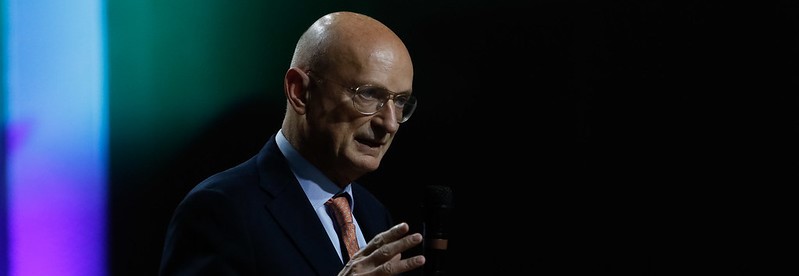Will a wave of civil disobedience push back technocracies’ turn toward state dominance?
Winston Churchill once famously said that “democracy is the worst form of government except for all those other forms that have been tried.” It is a privilege to live in countries that uphold democratic values, where individuals can freely express themselves without fear of arrest. However, democracy and freedom, like any valuable asset, are not inherent or guaranteed. They require constant vigilance from a free populace to protect them.
In today’s increasingly technocratic world, there is a growing tendency to categorize systems, developments and events. This may seem convenient: it saves us from the effort of thinking critically and analyzing situations from multiple perspectives, and seemingly frees us from assuming burdensome responsibilities. When things do not go as planned, it is easy to avoid accountability by saying, “Nobody could have known.” Furthermore, this categorization often sidesteps meaningful debate, as distinctions between what is necessary or unnecessary, right or wrong, and good or bad become blurred.
In the realm of governance systems, we often see categorizations such as “good” liberal democracies, “illiberal” democracies considered renegades, and “bad” authoritarian systems. Within Europe, most EU member states are viewed as liberal democracies, while Hungary and Poland are sometimes singled out as renegades. Russia and Belarus, on the other hand, are often labeled as authoritarian systems.
Democracy’s goal
A robust democracy goes beyond just holding elections every four years. It is crucial that there are effective checks and balances among the three branches of government – judicial, legislative and executive. A democracy is only worthwhile when it safeguards those principles so eloquently set in the United States Declaration of Independence: life, liberty and the pursuit of happiness. Upholding individual freedoms, as well as fostering trust between the people and their elected representatives, are essential ingredients.
[…]
Read the full comment written by Prince Michael of Liechtenstein on GIS reports.

